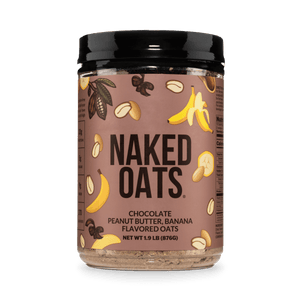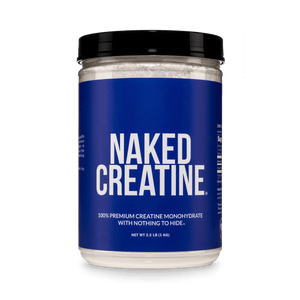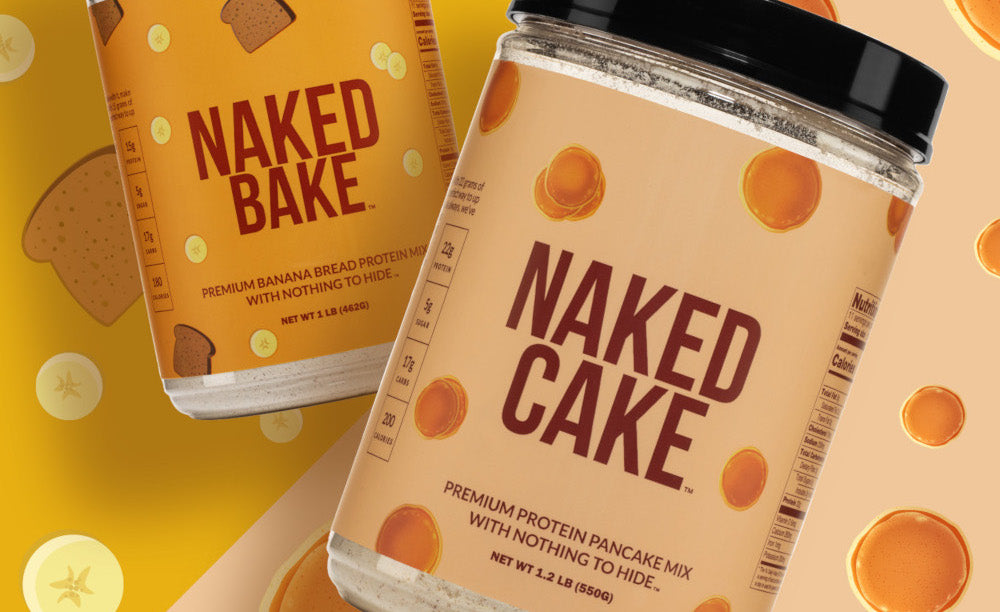Fasting has exploded in popularity in recent years, but it's not without its challenges.
Maintaining your fast can be tough. It's hard to know just what breaks a fast and what doesn't. When the hunger hits, you might find yourself reaching for a stick of gum to quell that uncomfortable feeling in your gut. But will a bit of gum break a fast?
Chewing gum can take you out of a fasted state, but the answer is more complex than that. Read on to understand fully.
Does Chewing Gum Break a Fast?
Though it seems innocent, chewing gum has the potential to break your fast. However, there are a few things you can do to avoid that.
For example, regular chewing gum contains calories as well as sugar. While 1-2 sticks may not break your fast, consuming more than this can. With that said, some fasts are more strict and prohibit any calorie-containing foods or beverages.
If you are concerned about breaking your fast but don't want to give up your beloved chewing gum, try chewing sugar-free gum.
Sugar-free gum has no sugar (obviously), along with only a few calories. With no sugar and little to no calories, this prevents any insulin response which many signify as breaking a fast.
Does Gum Have Calories?
Whether or not your chewing gum has calories depends on the brand and type of gum.
Many sugar-free chewing gums contain zero to 10 calories per stick. However, regular chewing gum can contain up to 30 calories per stick [1, 2, 3].
Consuming several pieces of this type of gum can certainly break your fast, especially for more strict forms of fasting such as water-only fasts.

Will Sugar-Free Gum Break a Fast?
For most forms of fasting, very low calorie food and beverages are permitted during fasting hours.
Fasting for health benefits (such as intermittent fasting) works by inducing your body into a state of ketosis. In this state, your body burns fat for energy, instead of glucose (e.g. sugar).
Most agree that as long as you consume no more than 50 calories during your fast, your body will remain in a fasted state. In this case, one or two pieces of regular chewing gum likely won't break your fast, and sugarless gum almost certainly will not.
That said, it's still dependent on the brand of gum. Sugar-free sweeteners can contain calories, which may mean you end up crossing the limit and unintentionally breaking your fast.

Can You Chew Gum When Fasting?
Whether or not you can chew gum while fasting depends on what type of fast you are participating in, and how strict it is.
Most fasts consider breaking a fast when an insulin response is evoked which can occur in the presence of sugar and/or carbohydrates while other fasts (e.g. intermittent fasting) allow foods and beverages that contain minimal amounts of calories.
1. What Type of Fasting Are You Doing?

Intermittent fasting allows for low-calorie foods and beverages during fasting periods as long as they don't evoke an insulin response. In this case, choosing a sugar-free gum that is low in calories is okay to consume during your fasting window.
Other forms of fasting such as water-only fasts and some religious fasts such as during Yom Kippur and Ramadan do not allow for any form of food or beverage aside from water and that includes regular or sugar-free gums.
In these cases, chewing gum breaks your fast, the same as if you were to eat a turkey leg or a bowl of mac and cheese.
2. Does Your Gum Have Added Sugars?
Another thing to consider when fasting is if your gum contains added sugars. Added sugars are commonly found in traditional chewing gums to provide flavor. But with that comes a higher calorie content.
Consuming 1-2 pieces of regular gum may not be an issue for more laid back fasting methods. But still, if you chew enough gum, the gum you chew has more sugar than normal, or your body is more sensitive to sugar, it may be enough to evoke an insulin response and break your fast.
It's safer to chew sugarless gum, and leave yourself a little more margin for error.
Sugar-free gums typically include sugar alcohols, which are only partially digested and don't act the same in the body as sugars do. However, large amounts of sugar alcohols may result in stomach upset so it's best to avoid consuming large amounts of these types of gums during your fast even if they don't break it [4].
Sugar-free gums may also provide additional benefits for your dental health so even if you aren't worried about regular chewing gum breaking your fast, you still may wish to consider sugar-free options [5].
What Should I Look For When Buying Gum?

When searching for the best type of chewing gum to avoid breaking your fast, look for options that are advertised as sugar-free. To avoid consuming artificial sweeteners, be sure to read the ingredients list on the package and choose ones that include sugar alcohols instead.
The most common types of sugar alcohols are xylitol, erythritol, and sorbitol. These will still include some calories but try to find options that contain less than 15 calories per stick.
What Can You Eat and Drink When Fasting?
Most forms of fasting will allow for calorie-free beverages, including black coffee, tea, water, and other zero calorie products. Most fasts do not allow for any foods to be consumed during fasting windows with the exception of gum and some sugar-free mints.
Again, some forms of fasting may prohibit all of these items aside from water depending on how strict the fast is. Most fasts for religious purposes do now allow for anything aside from water during fasting periods.

What is the Best Way to Break a Fast?
When the time comes to break your fast you want to make sure to choose nourishing foods to give your body the energy it needs to function at its best.
Depending on when your fasting times are, you may need something quick and easy to digest. Some good options include Greek yogurt parfaits with berries and low-sugar granola or a collagen smoothie with fruits and vegetables such as the one listed below. This helps to provide a hearty-dose of protein along with vitamins, minerals, and fiber to break your fast on a high note.

Collagen Berry Smoothie
Serves 1
Ingredients:
-
1 scoop of Naked Nutrition Naked Collagen powder
-
1 cup frozen mixed berries
-
1 large handful of fresh spinach
-
1 cup milk of choice
-
1 tablespoon ground flaxseed
Directions: Combine all ingredients into a high-powered blender and blend until desired consistency is achieved.














